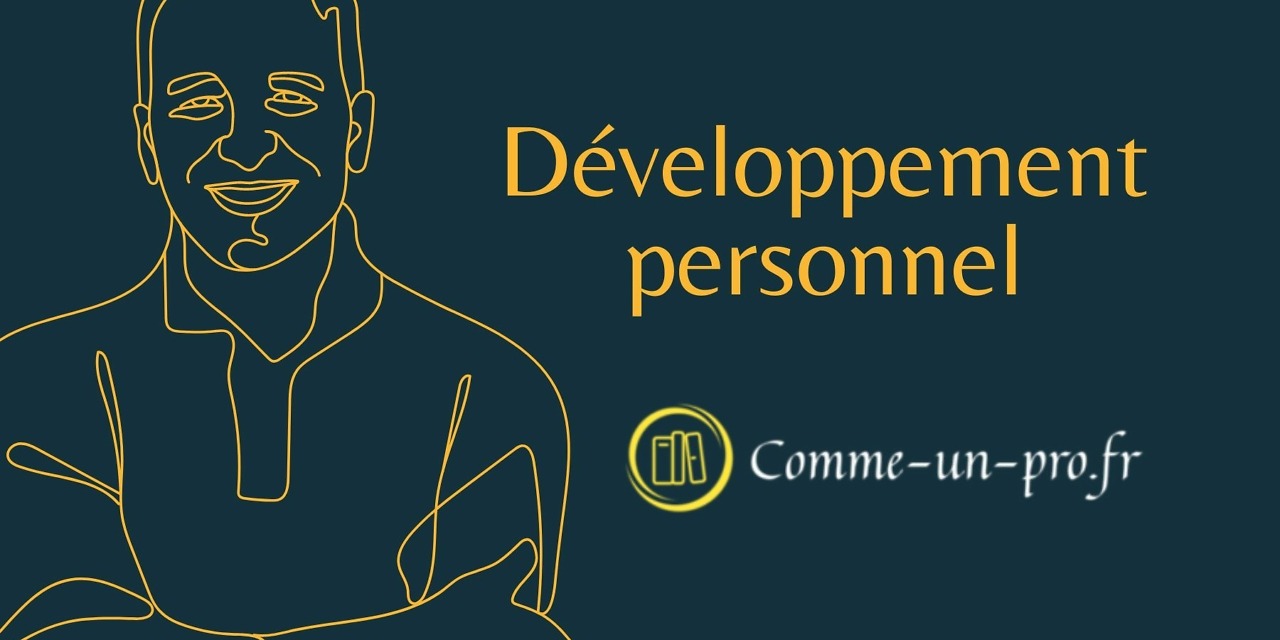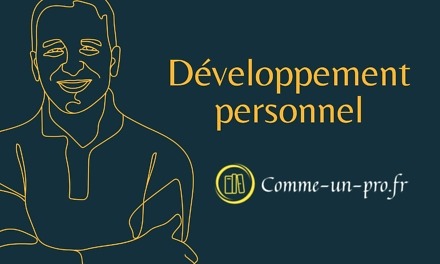Recognize and accept your weaknesses
When we talk about careers, the focus is often on our strengths, talents and skills. However, it is just as important to identify and recognize our weak points in order to better manage them. In reality, a successful career is not just about leveraging our strengths, but also how well we address and turn our weaknesses into opportunities for growth.
Above all, we must accept the fact that no one is perfect and that we all have weak points. These weak points can take different forms: a skill that we have not yet mastered, a habit that hinders our productivity, or a difficulty in managing certain situations. These weaknesses can sometimes seem insurmountable to us, and it is easy to fall into the trap of ignoring or hiding them. However, ignoring them will only increase their negative impact on our career.
Instead, it is essential to recognize our weak points, accept them and face them with a positive attitude. It's not about judging ourselves harshly, but rather about being radically honest with ourselves. Only by admitting that we have weaknesses can we begin to address them and turn them into strengths.
It's the first step to turning those weaknesses into strengths that can help you succeed in your career. So how do we identify and accept our weak points? There are several methods that could help you achieve this. Let's see which ones.
Turn weaknesses into growth opportunities
Now that we have identified and accepted our weaknesses, how do we turn them into strengths? The secret lies in our ability to change our perspective and see these weaknesses as opportunities for growth.
Understanding that our weaknesses are not necessarily permanent flaws, but rather areas where we can improve and grow, is an important realization. It means we have the power to turn those weaknesses into strengths.
For example, if you have trouble speaking in public, rather than seeing this as an irreparable weakness, you can see it as a skill to develop. With proper practice and training, you can not only overcome this weakness, but even become a competent speaker.
The idea is to create an action plan for each weak point identified. This plan should contain specific and measurable goals, clear steps to achieve those goals, and a realistic timeline. It is also worth looking for resources and tools that can help overcome these weaknesses. This can include books, online courses, coaches or mentors.
It is important to remember that turning our weaknesses into strengths is a process that takes time and effort. It requires patience, perseverance and resilience. However, with a positive attitude and a willingness to learn and grow, you can turn your weaknesses into valuable career assets.
We are now going to discuss some concrete strategies to turn your weaknesses into strengths.
Concrete strategies to turn weaknesses into strengths
Now that we have an action plan for each identified weakness, we can discuss some specific strategies for turning those weaknesses into strengths.
The first strategy is to adopt a growth mindset. According to Carol Dweck, a psychologist at Stanford University and author of “Mindset: The New Psychology of Success“, a growth mindset is the belief that our abilities can be developed with time, effort and determination. This means that we can learn and improve in any skill or trait, including our weaknesses. This perspective can be extremely liberating and allows us to face our weaknesses with optimism and determination rather than fear and resignation.
Next, self-reflection is another powerful strategy for turning weaknesses into strengths. It's about stepping back and examining our actions, thoughts, and feelings with loving objectivity. Self-reflection can help us understand why we do certain things and how we could do things differently to get better results. For example, if you realize you're struggling to manage your time effectively, you might start looking for ways to improve your time management skills.
Finally, coaching and mentoring can be valuable tools for turning weaknesses into strengths. A coach or mentor can provide guidance, encouragement, and accountability, while helping you see your weaknesses from a different perspective. They can also help you develop strategies to overcome these weaknesses and move towards your career goals.



